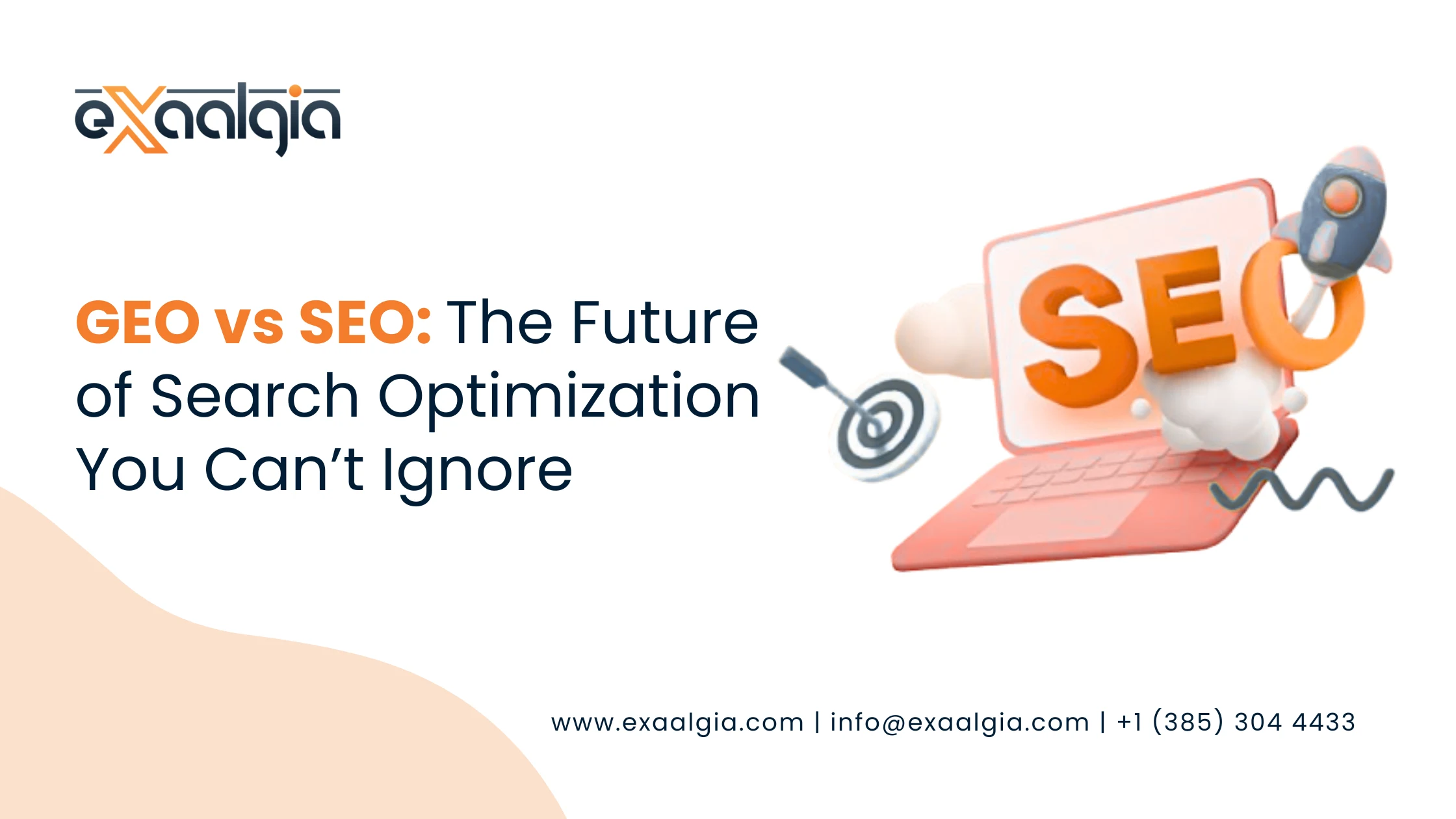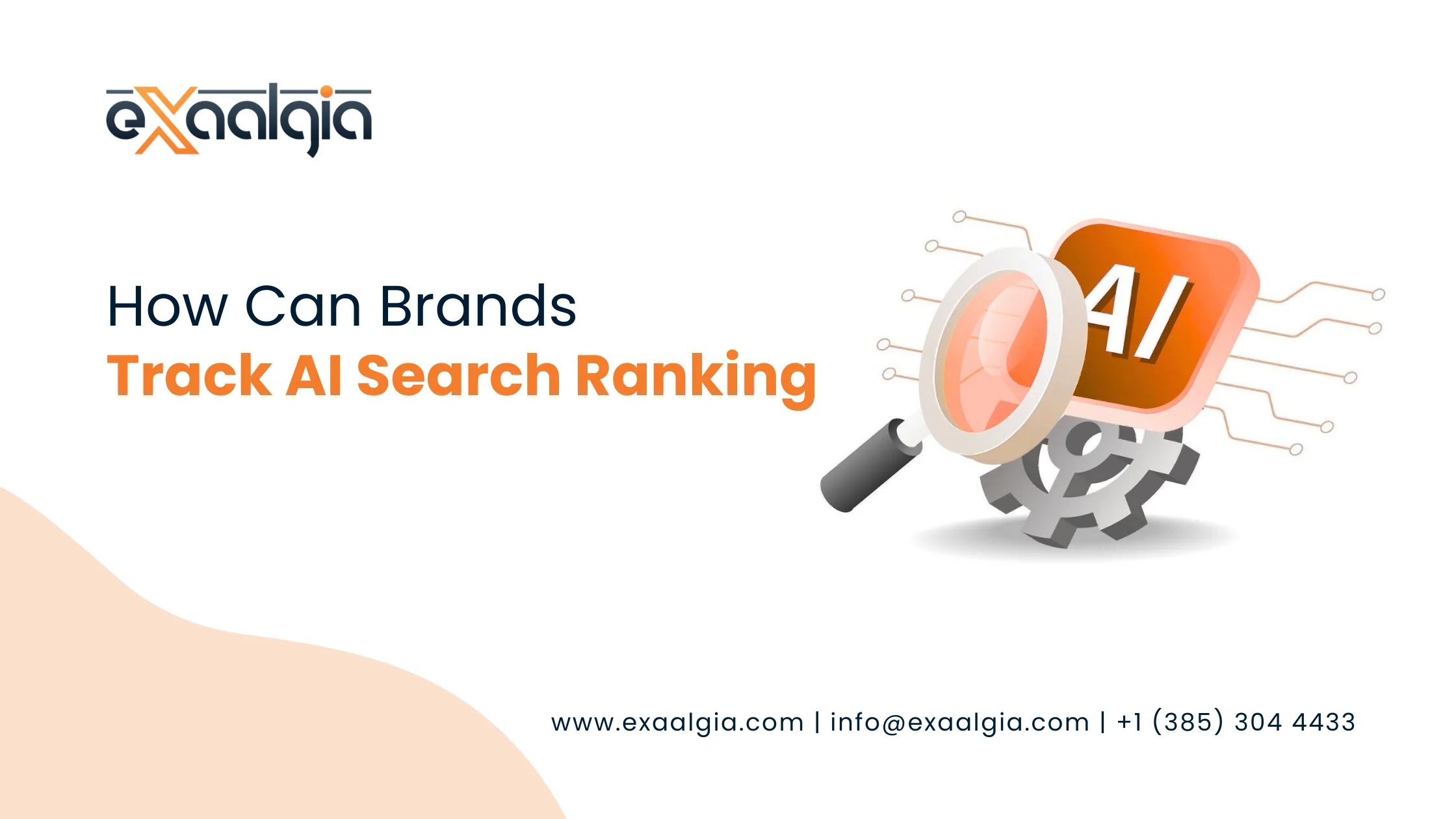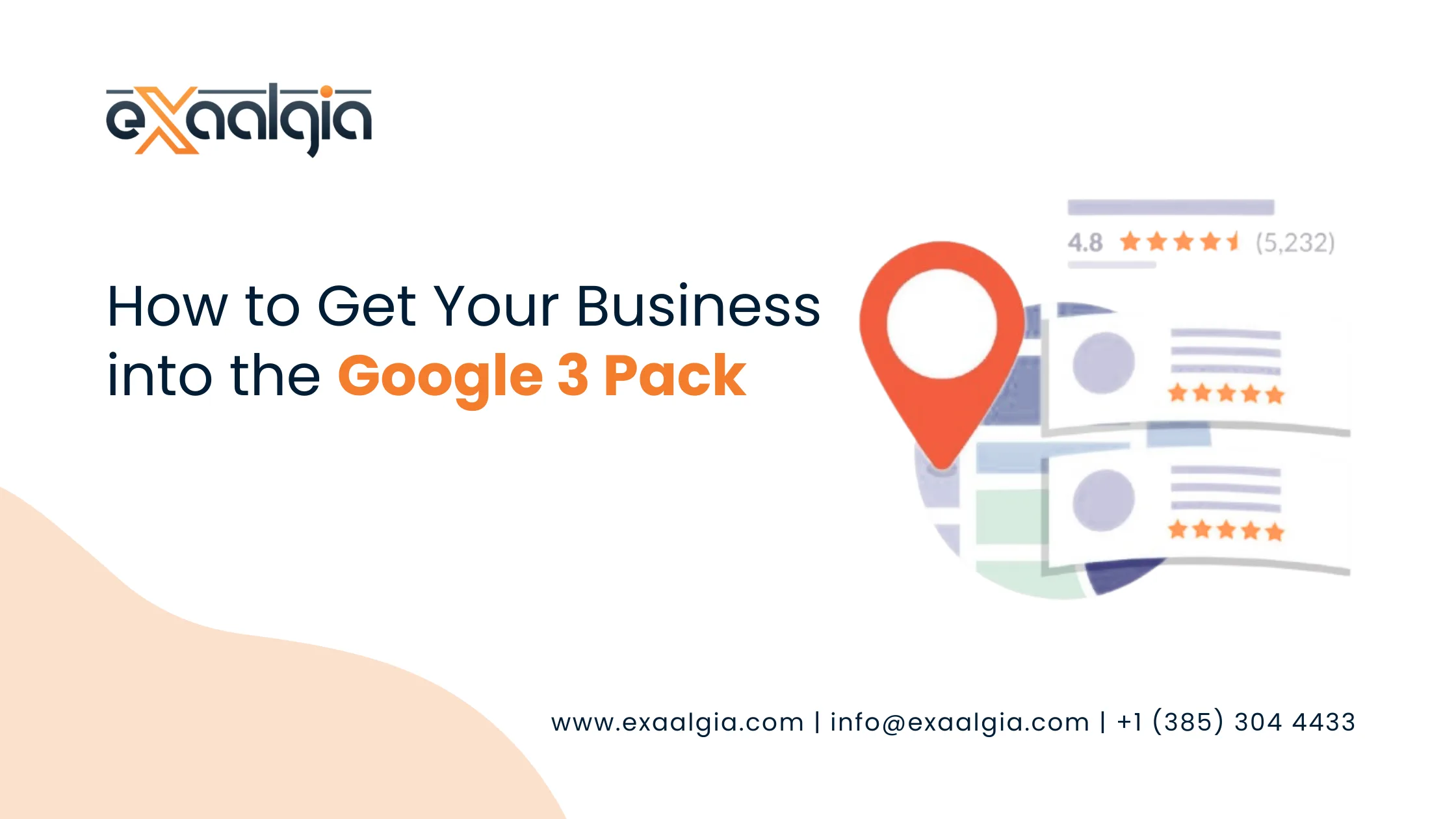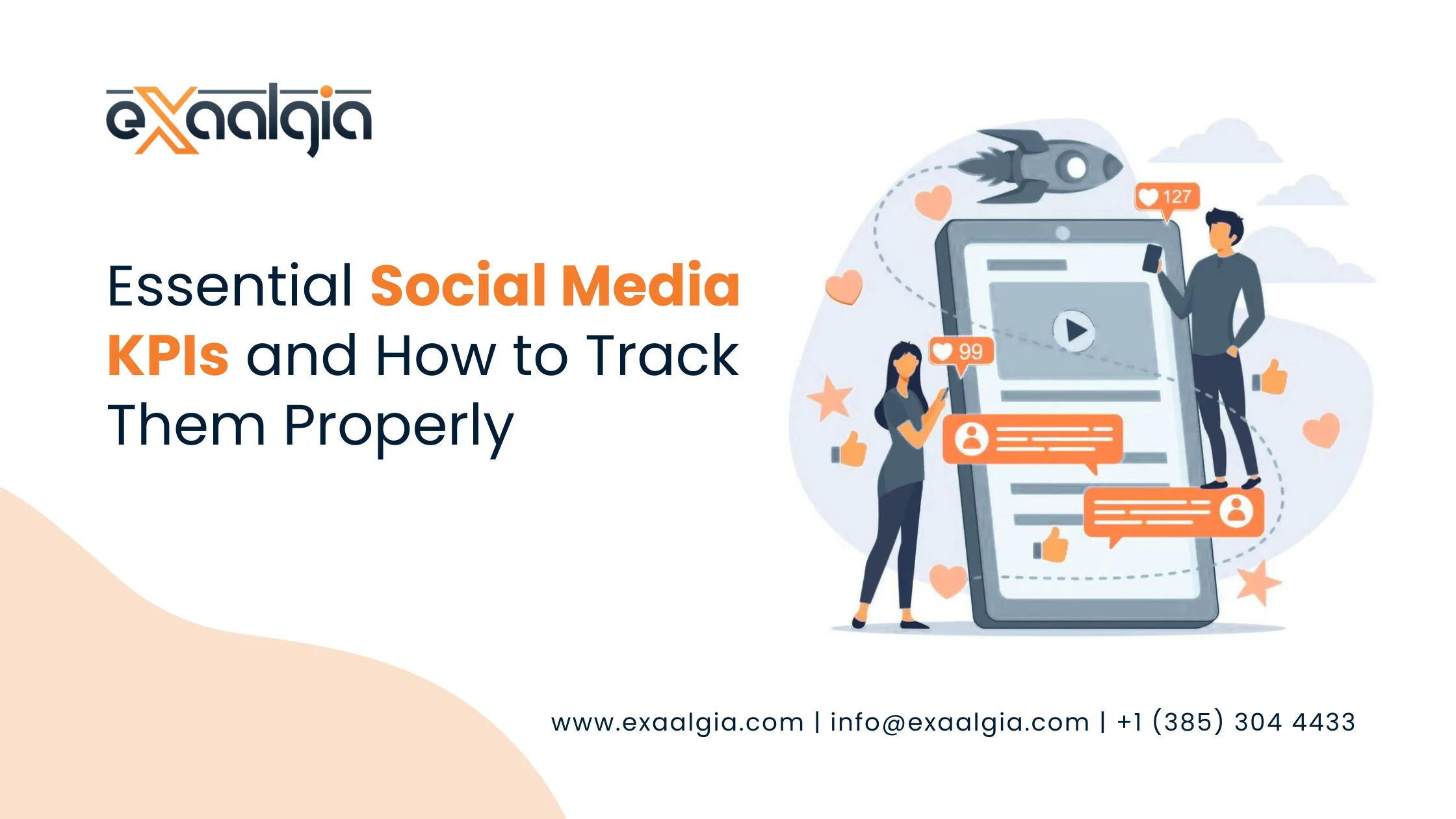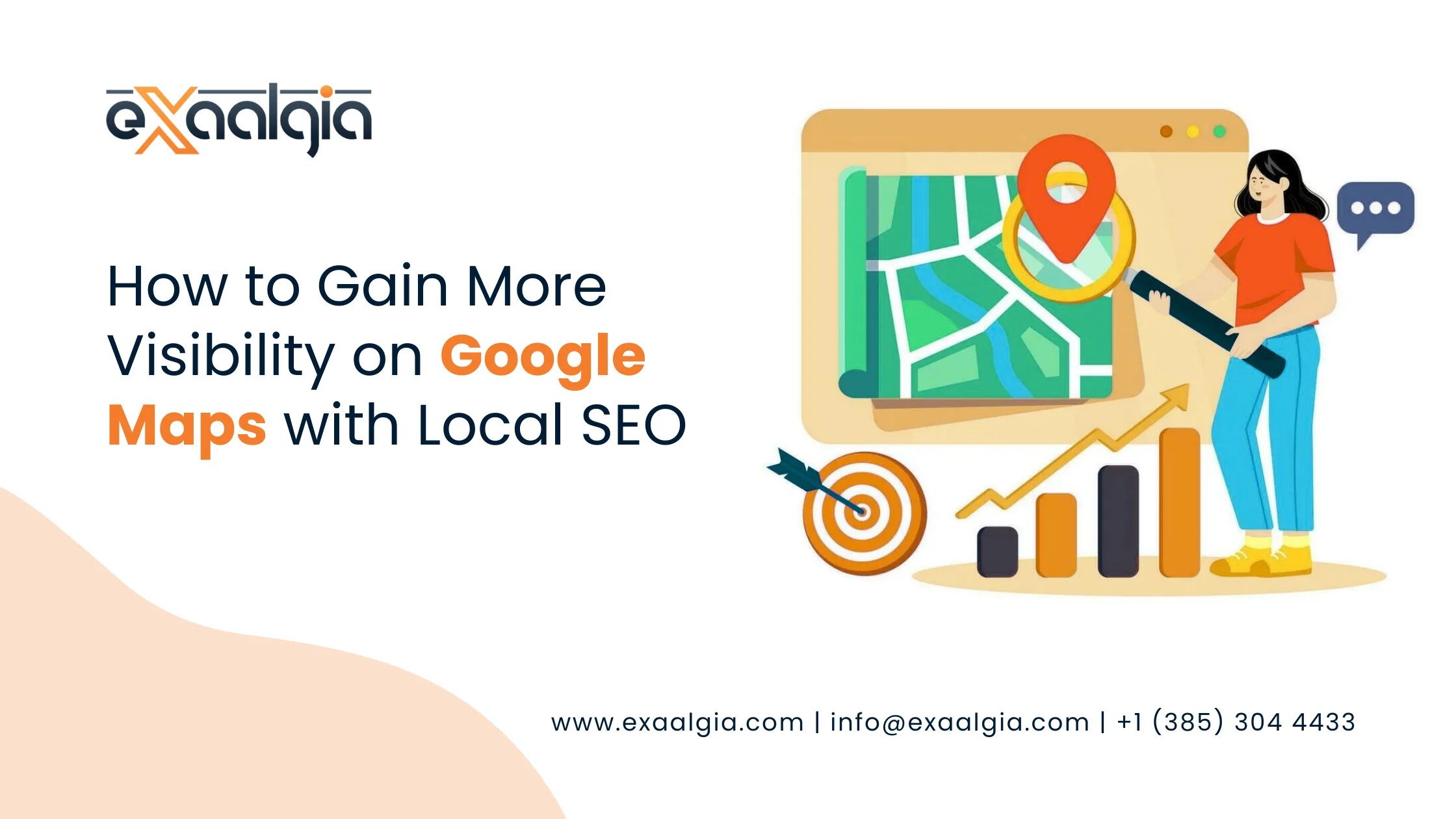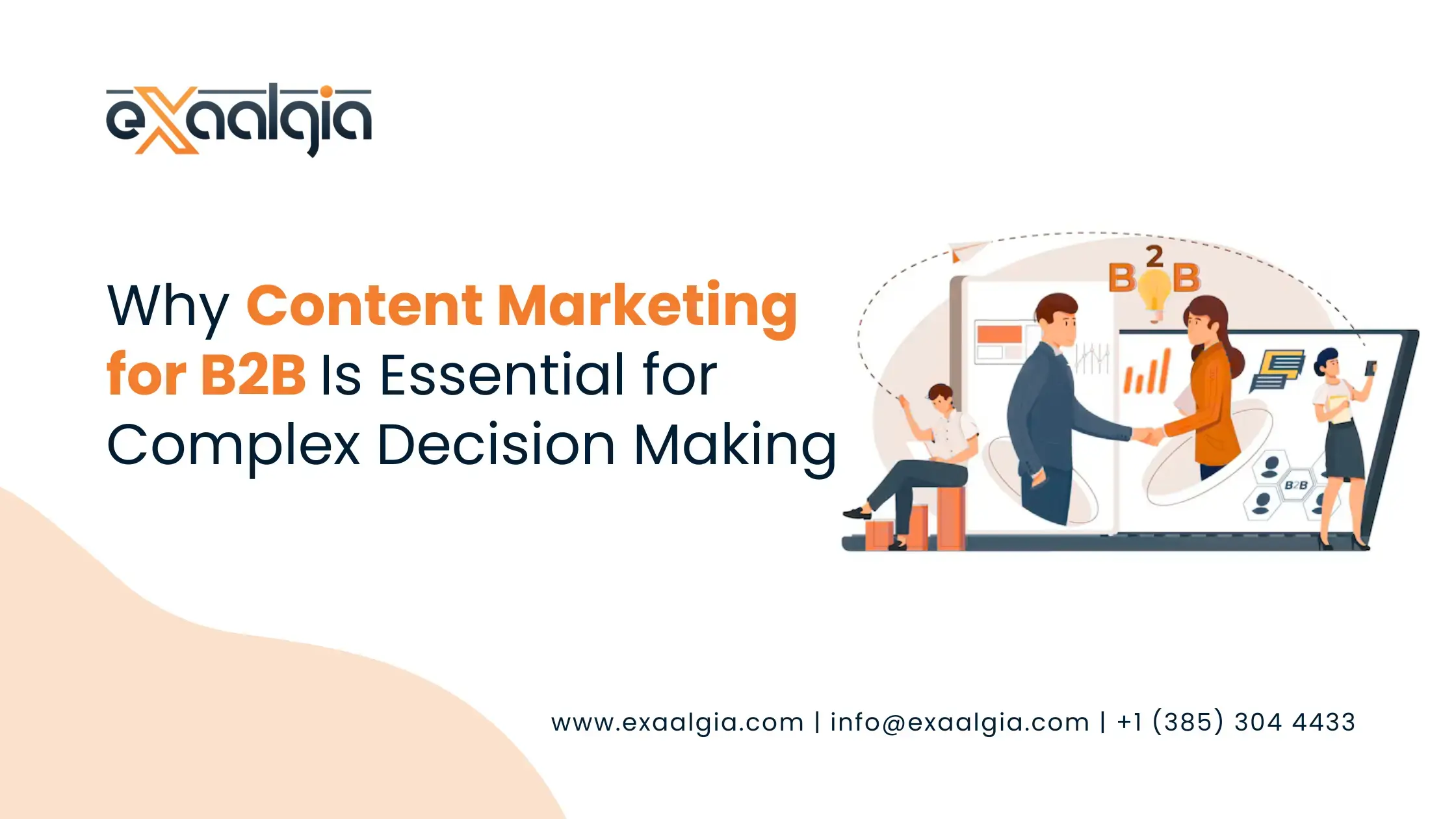GEO vs. SEO is one of the hottest topics in digital marketing today. If you’ve been in the industry for a while, you already know how powerful SEO is. For years, Search Engine Optimization (SEO) has been the go to strategy for getting found on Google and driving traffic to websites.
But there’s a new player in town, Generative Engine Optimization (GEO). With AI search engines like ChatGPT, Google’s AI Overviews, and Perplexity giving instant answers, the way people discover information is changing. And if your brand isn’t showing up in those AI answers, you’re invisible to a huge part of your audience.
So, the big question is: GEO vs. SEO, where should you focus? The truth is, it’s not a battle. It’s about learning how to use both together to maximize visibility in traditional search results and AI-powered answers.
Let’s break it down.
What Exactly Is SEO?
SEO is all about making your website attractive to search engines like Google and Bing. Think of it as setting up your store in the busiest part of town. You use:
- Keywords so people can find you.
- Backlinks as recommendations that prove your credibility.
- Fast, mobile-friendly design so people stick around.
- Great content that actually helps readers.
In short: SEO drives clicks. When someone searches, your website shows up on page one (hopefully!) and they click through to learn more.
And What’s GEO?
Now, here’s where things get interesting. GEO, Generative Engine Optimization, is about optimizing for AI-powered search tools.
Instead of waiting for users to click your link, AI systems (like ChatGPT or Google’s AI Overviews) pull the information directly from your content and use it in their answers.
That means your brand gets cited, mentioned, or even summarized in the response.
Imagine someone asking, “What’s the difference between GEO and SEO?” Instead of scrolling through 10 Google results, they get one complete AI-generated answer. If your content helped create that answer, congrats you’ve just won visibility without a click.
GEO vs SEO: The Key Differences
Here’s a simple way to compare the two:
| SEO | GEO | |
| Goal | Get clicks from Google search results | Be cited or included in AI-generated answers |
| Focus | Keywords, backlinks, metadata, site speed | Structured data, authoritative tone, semantic clarity |
| User Behavior | People read results and click through | People consume AI-generated summaries directly |
| Metrics | Rankings, CTR, bounce rate, conversions | Citation frequency, brand mentions, AI share of voice |
| Content Style | Optimized for crawlers and humans | Optimized for AI models to “understand and reuse” |
So while SEO is about ranking high, GEO is about being recognized as a trusted source in AI-driven search.
Do You Need Both? (Spoiler: Yes)
Some people ask, “Should I stop doing SEO and just focus on GEO?” The answer is a big NO.
Here’s why:
- SEO is still the foundation. If your site isn’t optimized, you won’t have the credibility or visibility needed for AI to even find you.
- GEO builds on top of SEO. Think of it as the next layer, making your content more structured, authoritative, and AI-friendly.
Together, they create a future proof strategy. SEO gets you clicks. GEO gets you mentions and trust in AI-generated answers.
Why GEO Matters More in 2025
A few years ago, you could rely solely on SEO and be fine. But now:
- Zero-click searches are everywhere. Nearly 60% of searches end without users clicking a link because Google or AI already gave them the answer.
- AI is integrated into everything. From iPhones to browsers, AI assistants are answering questions before people even think about Googling.
- Authority is shifting. Instead of just ranking #1 on Google, being the source AI cites is becoming the new gold standard.
In other words: If you’re not optimizing for GEO, you’re leaving visibility (and customers) on the table.
How to Win at GEO (Without Ditching SEO)
Ready to make your content AI friendly? Here are some practical steps:
1. Write with Clarity and Structure
AI engines love clean formatting. Use:
- Headings (H2s and H3s)
- Bullet points and numbered lists
- Short paragraphs
The easier your content is to digest, the more likely AI is to use it.
2. Add Citations and Data
AI models are trained to value facts and sources. Back up your claims with:
- Statistics from trusted sites
- Expert quotes
- Links to authoritative research
The more credible your content, the more likely it will be cited.
3. Use Conversational Keywords
Think about how people talk, not just how they type. Long-tail and question-based keywords like:
- “What is GEO vs SEO?”
- “How does GEO impact search rankings?”
- “Is GEO replacing SEO?”
These natural queries are exactly what users feed into AI systems.
4. Build Your Authority (E-E-A-T)
Google and AI alike look for Experience, Expertise, Authority, and Trust.
- Show your author bio.
- Display credentials or case studies.
- Collect brand mentions across the web.
The stronger your authority, the higher your chances of being referenced.
5. Track Your AI Visibility
Tools like HubSpot’s AI Search Grader or SEO.ai’s monitoring tools can show how often you’re showing up in AI answers.
Just like tracking SEO rankings, you’ll want to measure GEO performance.
How GEO + SEO Work Together in Real Life
Here’s a simple framework:
- Start with SEO basics.
Get your site technically sound, fast, and keyword-optimized. - Create GEO-friendly content.
Add structure, citations, and conversational queries. - Get authority signals.
Focus on backlinks, mentions, and expert references. - Monitor both.
Check your rankings (SEO) and AI citations (GEO). - Keep adapting.
SEO algorithms and AI models change fast, stay updated.
What Experts Are Saying
- A recent study found that using GEO strategies can increase your visibility in AI-generated answers by up to 40%.
- Neil Patel himself says: “GEO isn’t replacing SEO. It’s enhancing it. Together, they give you the best shot at visibility in the future of search.”
- Marketers at SEO.ai add: “SEO drives clicks. GEO drives citations. Both are essential in today’s digital landscape.”
FAQs
Q1: Should I focus more on GEO or SEO?
Both. SEO is still the foundation for organic traffic. GEO is the upgrade you need to be visible in AI search.
Q2: Is GEO just SEO with a new name?
Not exactly. GEO uses SEO principles but focuses on structured, trustworthy content that AI engines can reuse in answers.
Q3: Can small businesses benefit from GEO?
Absolutely. Even local businesses can show up in AI answers if they structure content well and provide clear, helpful information.
Q4: How fast can GEO results show up?
It depends on your authority and how often AI models refresh. Unlike SEO, where changes may take weeks, GEO results can appear faster once AI systems recognize your content.
Q5: What’s the future of GEO vs SEO?
They’re not competing. In the future, brands that master both will own visibility across search engines and AI answers.
Bringing GEO and SEO Together
SEO got us here. GEO is taking us forward.
If you want your brand to survive, and thrive, in the AI era, you can’t choose one over the other. You need SEO to rank and GEO to be cited. Together, they make you unmissable.
So, the real question isn’t GEO vs. SEO. It’s how you combine them for maximum impact.
Want to make your website GEO + SEO ready? At Exaalgia, we specialize in strategies that help businesses rank high and get featured in AI-powered answers. Let’s future proof your digital presence today.

